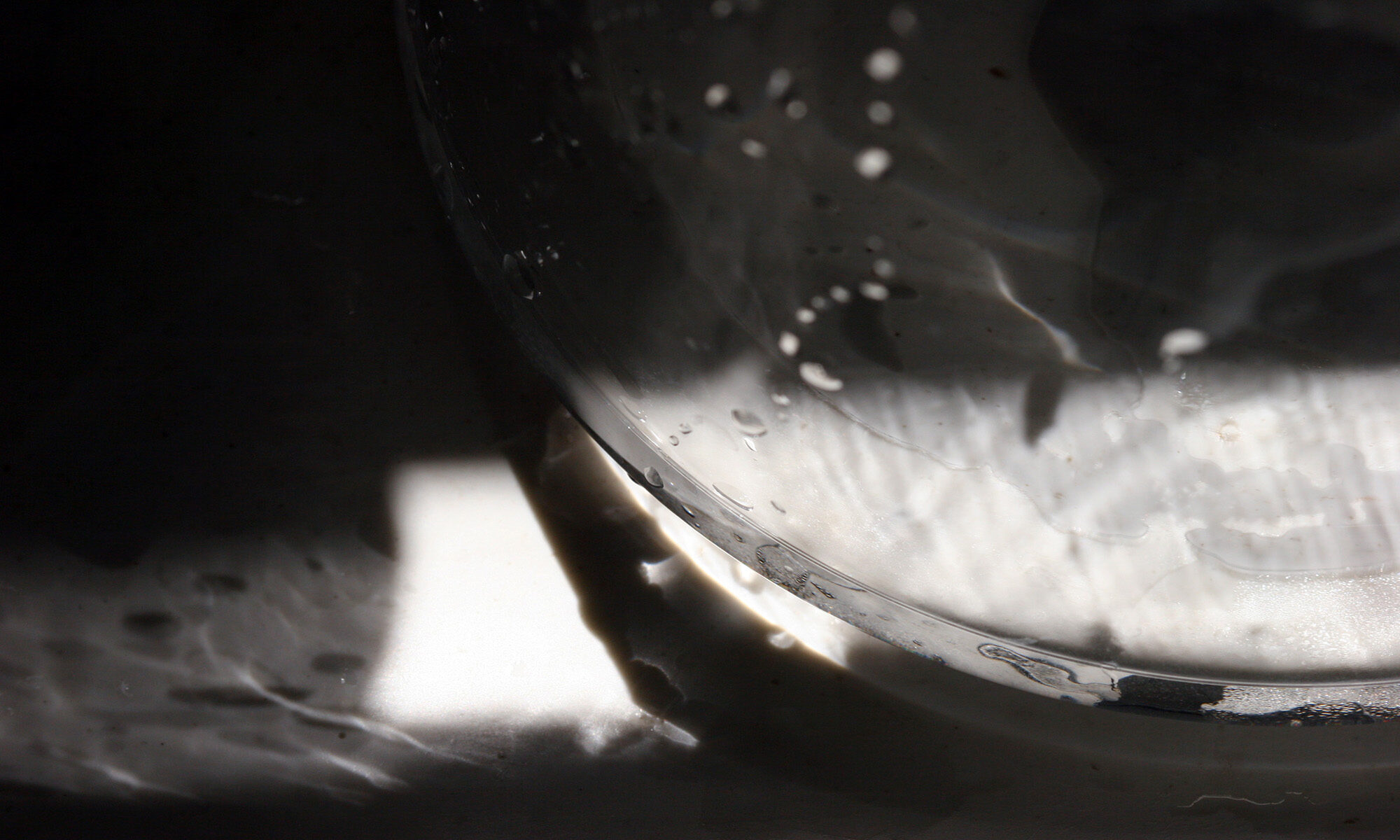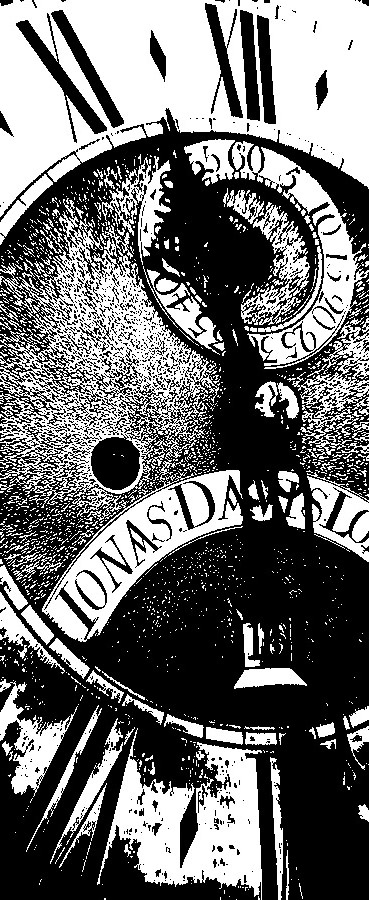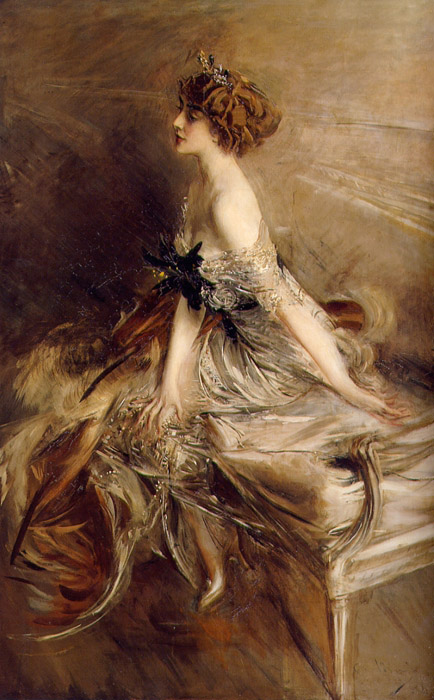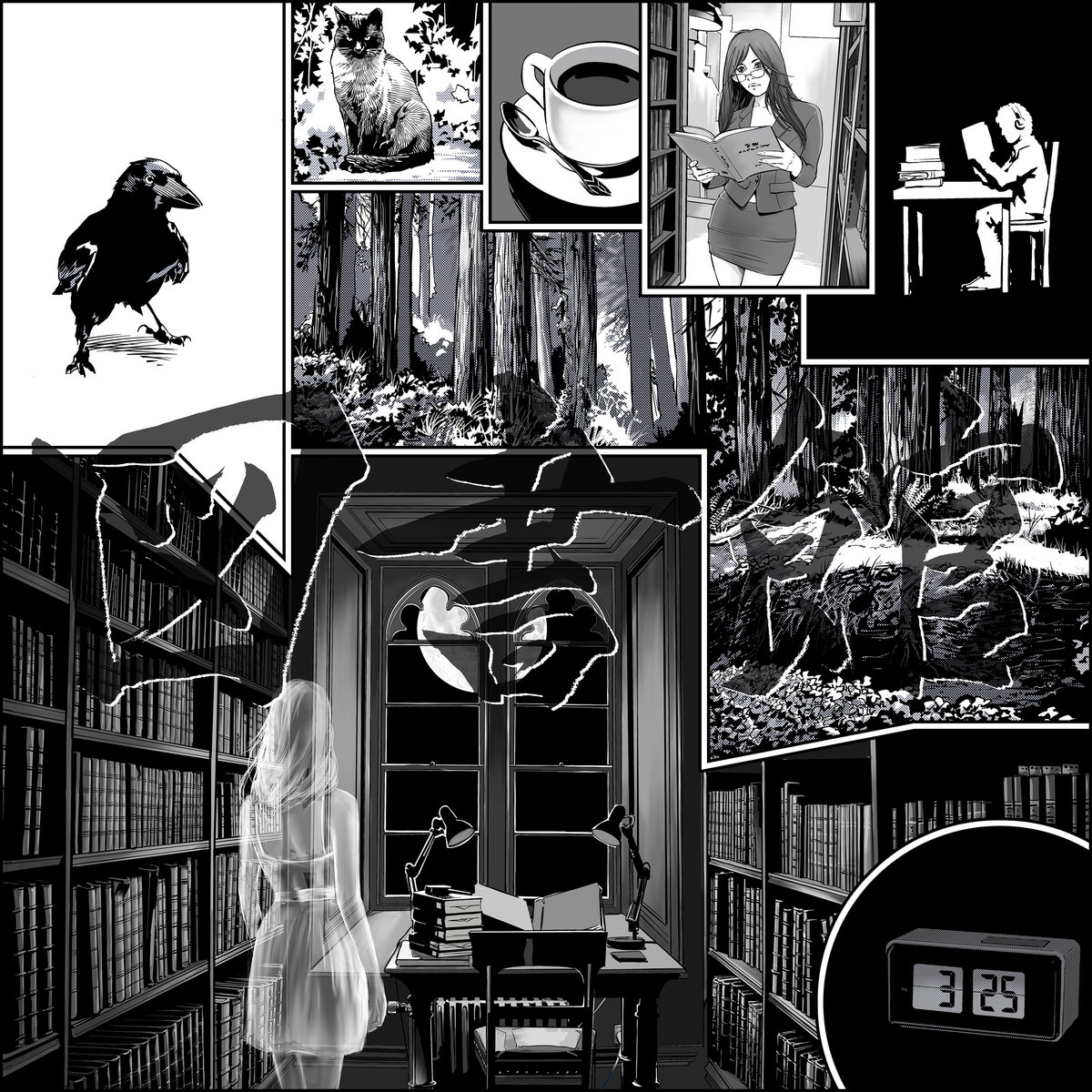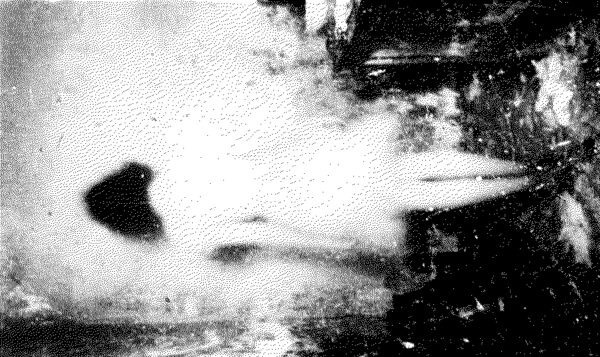To Thy goodness we commend ourselves this night beseeching Thy protection of us through its darkness and dangers. We are helpless and dependent; graciously preserve us. For all whom we love and value, for every friend and connection, we equally pray; however divided and far asunder, we know that we are alike before Thee, and under Thine eye. May we be equally united in Thy faith and fear, in fervent devotion towards Thee, and in Thy merciful protection this night.
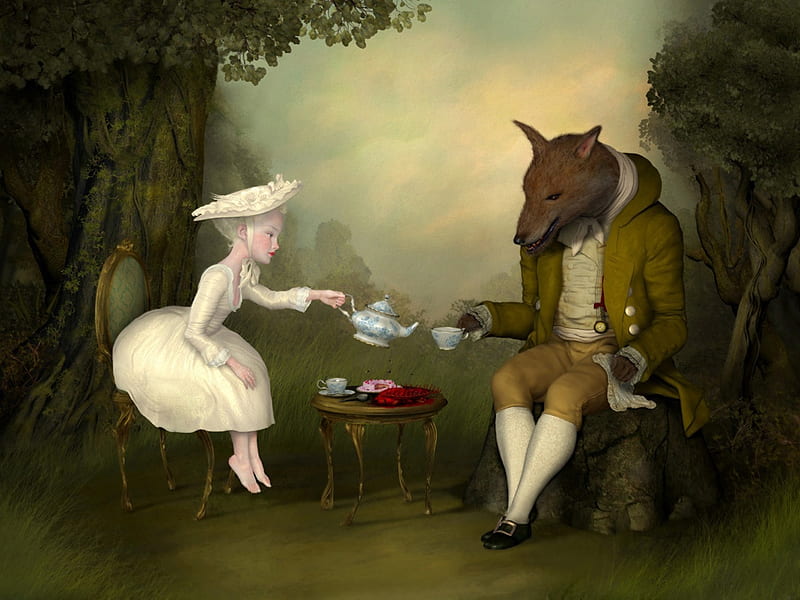
Elizabeth felt herself growing more angry every moment; yet she tried to the utmost to speak with composure when she said: “You are mistaken, Mr. Darcy, if you suppose that the mode of your declaration affected me in any other way, than as it spared the concern which I might have felt in refusing you, had you behaved in a more gentlemanlike manner.”
She saw him start at this, but he said nothing, and she continued: “You could not have made the offer of your hand in any possible way that would have tempted me to accept it.”
Again his astonishment was obvious; and he looked at her with an expression of mingled incredulity and mortification. She went on: “From the very beginning–from the first moment, I may almost say–of my acquaintance with you, your manners, impressing me with the fullest belief of your arrogance, your conceit, and your selfish disdain of the feelings of others, were such as to form the groundwork of disapprobation on which succeeding events have built so immovable a dislike; and I had not known you a month before I felt that you were the last man in the world whom I could ever be prevailed on to marry.”
“You have said quite enough, madam. I perfectly comprehend your feelings, and have now only to be ashamed of what my own have been. Forgive me for having taken up so much of your time, and accept my best wishes for your health and happiness.”
Continue reading “With love to you all, including Triggs, I remain, Yours very affectionately”